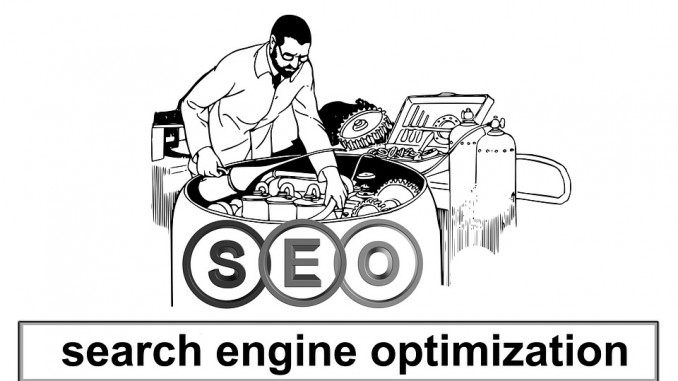
Search engines are evolving at a fast pace primarily because of advancements made in machine learning. They are becoming faster and better with every passing day. Thanks to these advancements, search engines are providing people with accurate results that focus on relevant content and the end-user experience or UX.
SEO and the end-user experience
The onus at the end of the day is of course to improve the user experience. What is good for the consumer is always good for organic search. Machine learning is now a centrifugal force when it comes to search engine algorithms. It helps in the incorporation of search sequence and improves the quality of the content, sentiment and structure.
Agencies and marketers are now widening their horizons when it comes to their approach toward search engine optimization. They are putting a great deal of focus on the end-user experience across a complete array of assets. Given below are two focus areas that are committed to making the above concept a reality.
1. SEO skill sets need to be widened to accommodate the end-user experience
Google’s philosophy is to enhance the user experience with each new development it brings. In fact, it wants the user to have the best experience. Thanks to technological evolution and development, Google, along with other major search engines, is in a better position to deliver this unique vision. The focus of delivering the best user experience to the consumer will only become more intense in the forthcoming years.
Unfortunately, there are several SEO agencies and marketers that ignore this vital aspect of the user experience and it does not form a part of their toolkit. The SEO practitioner may or may not make positive contributions to the user experience. There might not be recommendations made on how to improve the user-experience by the professional. However, this cannot be taken as the norm — the scenario does have exceptions when it comes to the background, personal experience and professional development programs of the practitioner.
Becoming aware and taking appropriate action
The SEO industry needs to think deeply about search engines and the skills needed for better ranking on them. Thanks to the advent of machine learning and technology, industry experts are becoming both more aware of and better at interpreting the general customer behavior when it comes to the deployment of search engines.
Industry experts must be aware of the truth that enhanced SEO performance cannot exist without the end-user experience. If professionals are not ready, it is vital for SEO agencies and companies to inculcate the subject in their training and development programs.
2. A lineal approach is not enough for improving the end user experience
In the past, there was a trend where the SEO professionals believed in the linear journey only. This journey starts with the home page and so they focus all their efforts on it. Reality, on the other hand, tells a different story — less than 50 percent of online consumers start their journey on the home page of a given website. Industry experts suggest that agencies and marketers should take note of this and stop providing the end user with a sub-optimal consumer experience.
With the deployment of machine learning and its advancement, experts say that signals sent by the user will focus more prominently in SEO ranks. This implies that if appropriate steps are not taken, the user experience will suffer and brands will not be able to optimally reach their full potential in organic SEO results. This is not good for them because it damages conversion rates and performance.
If the user experience is not examined by agencies and marketers, consumers will leave the website and look elsewhere for what they need. Here are two instances:
1. When consumers arrive on the page, they find tabbed content. The page is relevant to their search, but the information is hidden in the tab and consumers leave.
2. Consumers land on the page and they find infinite scroll pages. A single URL contains multiple sub-topics. The consumer is confused because he/she cannot find the relevant information.
Understanding the present needs for a better tomorrow
Agencies and marketers must take note that the end-user experience means consumers should not start their journey on the home page. The objective should be driven by data that the consumer can access at all entry points of the website. In short, the onus should be to provide the consumer with the best possible user-experience.
The shift to this new approach is not only for the consumer. It benefits everyone. Agencies and marketers must keep in mind that productive collaboration is needed for enhancing search engine consumer experience. Brands and consumer satisfaction will improve. Search engines will be better placed when searches are made at the commencement of every purchase journey.
Jeremy Green is an expert SEO coach with the SEO Houton Pros- Austin office. He and his dedicated team are popular for helping small to large-scale businesses work on their SEO strategy to enhance brand performance and consumer experience.The post User Experience and Its Impact on the Future of SEO appeared first on SiteProNews.
Source: Site Pro News
Link: User Experience and Its Impact on the Future of SEO



Leave a Reply